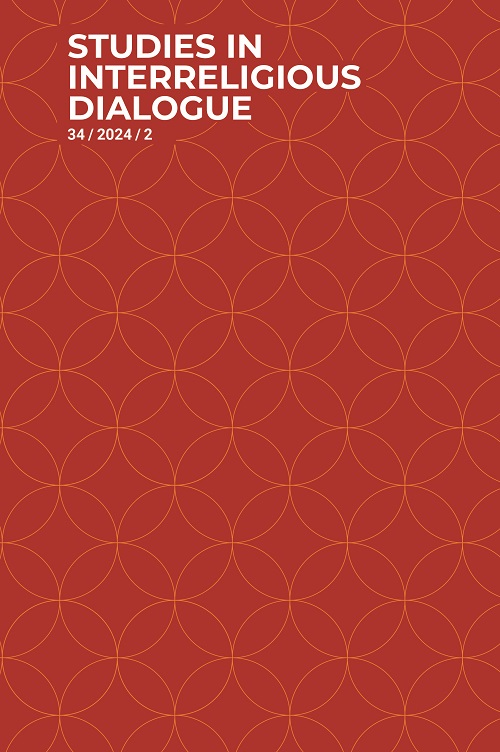 previous article in this issue previous article in this issue |

|
Document Details : Title: Indonesian Muslim Students' View of Buddhists and Buddhism Subtitle: After Silaturahmi (Visiting Buddhists) Author(s): BURDAH, Ibnu Journal: Studies in Interreligious Dialogue Volume: 28 Issue: 2 Date: 2018 Pages: 89-111 DOI: 10.2143/SID.28.2.3285640 Abstract : Rather than seeking theological intersections of religions that have different doctrines and historical experiences, interreligious dialogue should first include attempts to encourage participants’ understanding and acceptance of the reality of diversity among religious adherents. The outcome from the Indonesian Muslim students’ experience of visiting and having a dialogue with Buddhists shows that accepting the diversity is not something easily attainable. Despite the direct process of learning and dialogue, the Muslim students’ view of Buddhism still largely reflects a one-sided views, i.e., assessing Buddhist divine traditions and rituals based on Islamic doctrine. The students showed great admiration for a number of Buddhist ethical teachings and praxis, yet most of the students still adjudicate the doctrine of non-theistic Buddhism with theistic Islamic doctrine. Most of them also judged Buddhist ritual praxis based on the ritual praxis in Islam, rather than accepting it easily as a reality of diversity. The views of these students are almost identical to the views of some of the earlier Muslim intellectuals as reflected in the work of Abu al-Rayḥan Al-Biruni (973-1050 CE) and Abu Fath Muhammad Abdul Karim al-Syahrastani (1086-1153 CE). The themes that interest contemporary Indonesians Muslim students are also similar to those elaborated by the classical Muslim scholars including the theological position of Siddharta, Buddhist rites, and their judgment about Buddhist doctrines and the Buddhists’ life. |
|
